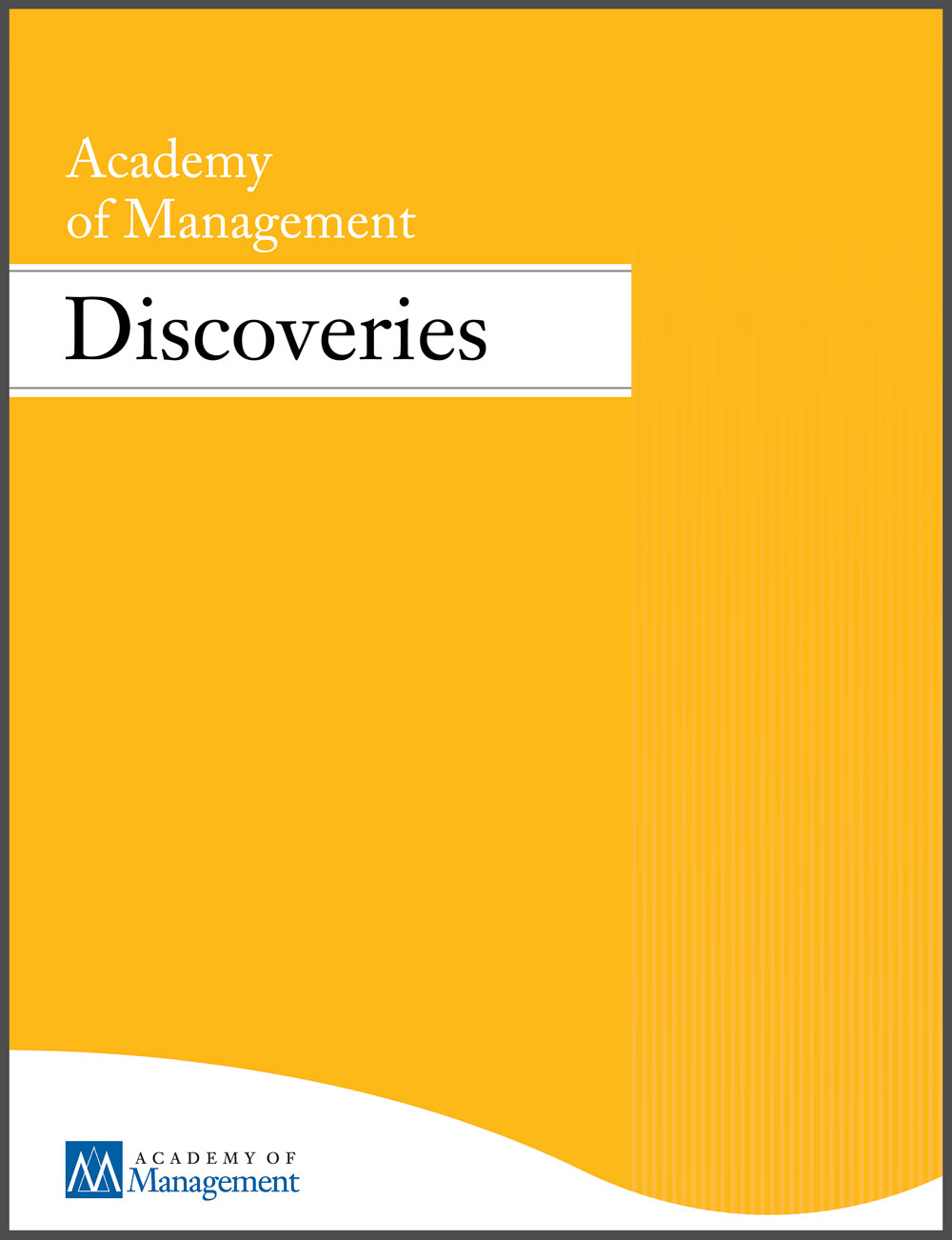全球职业和薪酬:从最初的处罚到超级全球溢价
IF 4.8
2区 管理学
Q2 MANAGEMENT
引用次数: 0
摘要
本文考察了国际流动与知识型员工从事商业职业的经济报酬之间的关系。虽然一些理论论点认为,国际流动可能导致更高的薪酬,但另一些理论论点认为,这可能导致业绩问题和缺乏认可,从而可能减少财政奖励。关于这一主题的实证研究是有限的,横截面数据对国际流动性与薪酬之间的关系提供的见解很少。我们的研究通过使用1322名MBA毕业生职业历史的面板数据集克服了这一挑战。研究结果揭示了国际流动性与薪酬之间随时间的曲线关系。一次或两次国际调动可能会对薪酬产生实质性的负面影响。然而,进一步的迁移与薪酬增长有关,有证据表明,那些多次迁移国家的人(“超级全球人”)获得的薪酬要高得多。我们讨论了我们的发现对国际流动和商业职业研究的意义。本文章由计算机程序翻译,如有差异,请以英文原文为准。
Global Careers and Compensation: From Initial Penalties to a Superglobal Premium
This paper examines the relationship between international mobility and financial compensation for knowledge workers pursuing business careers. While some theoretical arguments suggest that international mobility may lead to higher pay, others suggest that it may lead to performance problems and lack of recognition, which could reduce financial rewards. Empirical research on the topic is limited, with cross-sectional data providing little insight into the relationship between international mobility and compensation over time. Our study overcomes this challenge by using a panel dataset on the career histories of 1,322 MBA graduates. The results reveal a curvilinear relationship between international mobility and compensation over time. Making one or two international moves can have substantial negative effects on pay. However, further moves are associated with pay growth, and there is some evidence that those who move countries multiple times (“superglobals”) obtain substantially higher pay. We discuss the implications of our findings for research on international mobility and business careers.
求助全文
通过发布文献求助,成功后即可免费获取论文全文。
去求助
来源期刊

Academy of Management Discoveries
MANAGEMENT-
CiteScore
10.00
自引率
3.20%
发文量
40
期刊介绍:
The mission of AMD is to publish phenomenon-driven empirical research that theories of management and organizations neither adequately predict nor explain. Data on these poorly-understood phenomena can come from any source, including ethnographic observations, lab and field experiments, field surveys, meta-analyses, construct validation research, and replication studies. AMD welcomes exploratory research at the pre-theory stage of knowledge development, where it is premature to specify hypotheses, and which generates surprising findings likely to stimulate and guide further exploration and analysis. This research must be grounded in rigorous state-of-the-art methods, present strong and persuasive evidence, and offer interesting and important implications for management theory and practice. Read the Discoveries FAQs.
 求助内容:
求助内容: 应助结果提醒方式:
应助结果提醒方式:


